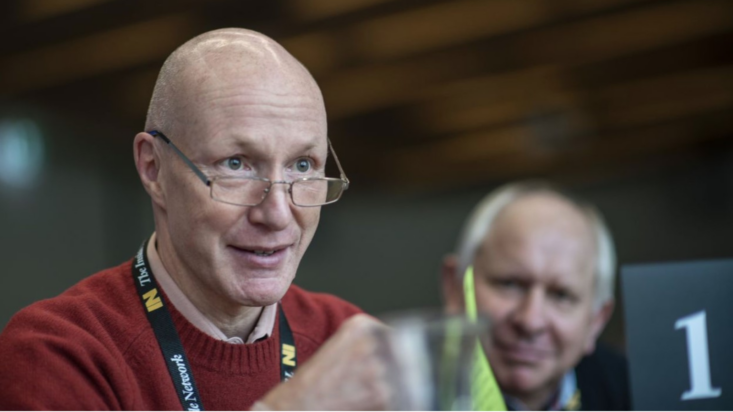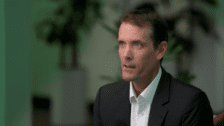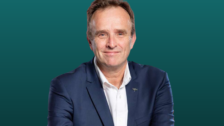Patience pays off as ethical, growth weightings shine amid volatility
The 2023 financial year was a tale of two halves, with few equity strategies navigating the period sans major challenges. Divergence in the performance of equity markets across sectors, countries and companies continued to accelerate as the impact of interest rates spread throughout the global economy.
A recovery and hopes of an extended period of outperformance from cyclical sectors including mining and energy stocks was the story of the first half; a trend that naturally impacted the relative performance of ethical or responsible investment strategies.
However, as is typically the case, just when most investors begin to expect short-term conditions to become entrenched, the market changed direction. Signs of slowing inflation, a peak in interest rates and a renewed interest in companies that deliver consistent, high-quality earnings saw a rotation back into ‘quality’ names.
Sustainable investment strategies tend to lend themselves to these types of businesses. With blue-chip investment, as with ESG investment, a value-focused approach takes patience.
Australian Ethical’s head of client relationships, Leah Willis, says the group “held firm to our ethical investment beliefs that have successfully steered us through many market cycles over three decades”, despite the short-term ructions in markets. This ultimately resulted in a solid 13.4 per cent return for the financial year in the main Australian equities strategy.
As many investors were tempted into fossil fuel investments due to the ballooning, albeit cyclical earnings, a willingness to “allow fundamentals to once again drive performance” supported the fund’s double digit return for the financial year.
“This serves as strong validation of the enduring value and resilience of our investment approach and shows you don’t necessarily have to compromise on returns to invest ethically,” Willis said.
There’s no reason this trajectory won’t continue. At The Inside Network’s inaugural Investment Leaders Forum event in Queenstown last week Australian Ethical chief investment officer Ludovic Theau spoke about how the push to net zero by 2050 is giving sustainable investment a massive gust of tailwind in the near term.
“As we get closer to 2030 and beyond 2030, I think we will focus more and more on the net in net carbon zero and sectors like sustainable agriculture, forestry and the whole circular economy play are going to be become more and more important,” Theau told a room full of advisers and investment professionals. “So, if you look at in dollar terms… we are looking at about $3 trillion per annum of investment as of today, and potentially growing to about 9 trillion as we get closer to 2050.”
This potential needs to be put into current market context. After an extended period of ultra low rates, we should be looking at a period of normality. Interest rates should never have been near 0 per cent for so long, and having money in the bank should always offer some sort of return to investors.
What these conditions reiterate is the fact that, as the cost of capital increases, it is earnings, revenue and cash flow generation that matters most. Naturally, this is at the centre of an approach that balances ethics and professional investment management, and requires consideration of new and emerging sectors rather than the same old.
A lack of diversity in Australia’s largest companies beyond financials and mining means smaller and medium-sized businesses represent a larger portion of portfolios for the ethical investors; a sector which remains significantly undervalued by historical measures.
If we have learned anything from the last 12 months it is that even the most accepted consensus views can be shifted in a matter of days and that a long-term approach remains key.











